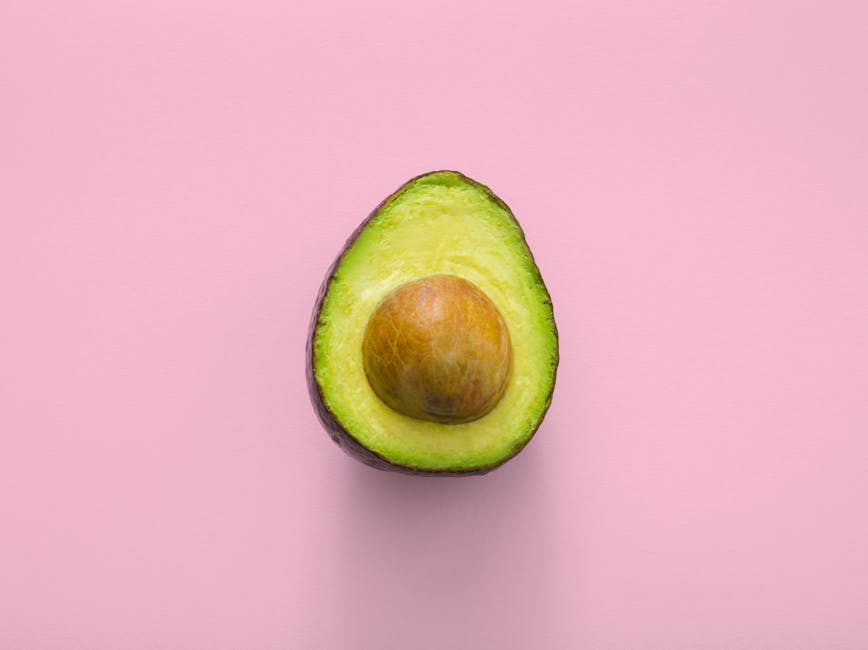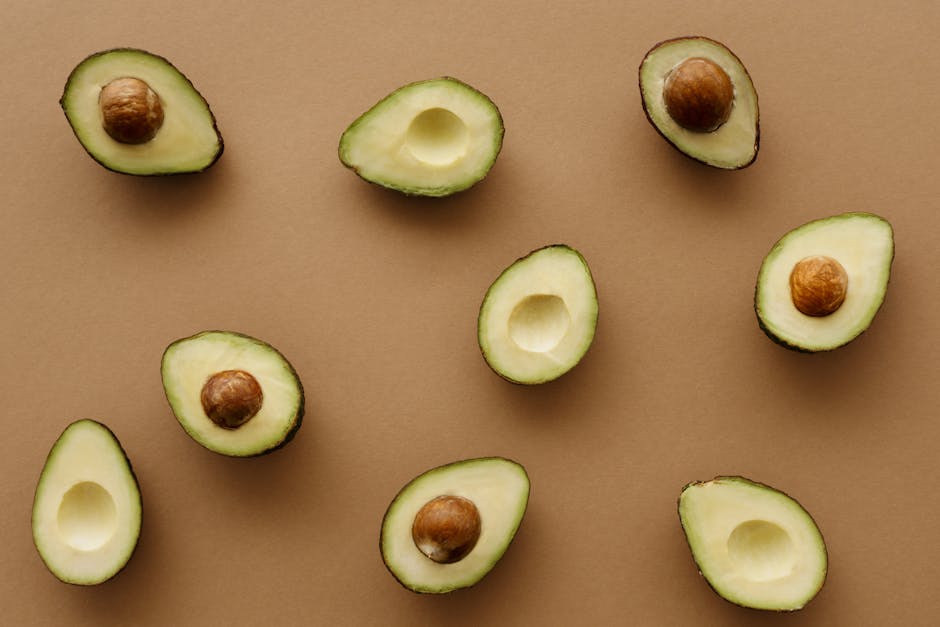The modern lifestyle often fosters a reliance on readily available, processed foods, potentially compromising dietary quality and increasing health risks. Conversely, the act of cooking at home offers a powerful tool for mitigating these risks and promoting well-being. Understanding how home cooking influences nutritional intake and reduces exposure to unhealthy ingredients is paramount to crafting a healthier lifestyle.
A significant advantage of home cooking is the granular control it provides over ingredients. This control allows individuals to meticulously curate meals that align with their dietary needs and preferences. Unlike pre-packaged foods, home cooks can select fresh produce, lean proteins, and whole grains, ensuring a balanced intake of essential nutrients. This precision is crucial for managing chronic conditions like diabetes, heart disease, and certain cancers, often linked to poor dietary choices.
Fresh ingredients stand as a cornerstone of healthy cooking. Unlike processed foods, which frequently contain high levels of sodium, unhealthy fats, and added sugars, fresh produce and unprocessed proteins offer an array of vitamins, minerals, and antioxidants vital for optimal bodily function. Cooking at home facilitates the incorporation of a wide spectrum of vegetables, fruits, and whole grains, enriching the diet and reducing the reliance on nutrient-deficient processed substitutes. This diverse intake positively affects overall health markers, encompassing blood sugar regulation, blood pressure control, and improved cardiovascular health.
Moreover, home cooking provides a platform for mindful eating habits. When preparing meals at home, individuals are more likely to actively engage with the preparation process, becoming more aware of the ingredients and the overall nutritional value of their meals. This heightened awareness promotes better portion control and a more deliberate approach to food choices. Studies have revealed a correlation between mindful eating and healthier weight management, as individuals are less likely to overeat when they are present and engaged with their food.
Furthermore, home cooking often translates to reduced consumption of harmful additives and preservatives. Processed foods frequently rely on artificial flavors, colors, and preservatives to enhance shelf life and palatability. Cooking at home eliminates exposure to these often unnecessary and potentially detrimental chemicals. This reduction in potentially harmful additives lowers the risk of allergies, intolerances, and overall metabolic disturbances.
Beyond nutritional advantages, home cooking contributes to a healthier lifestyle in diverse ways. A significant factor is the empowerment it provides. Home cooks develop practical cooking skills and a deeper understanding of nutrition. This empowering knowledge extends beyond the kitchen, encouraging individuals to become more responsible for their health and well-being. Home cooking also fosters connection. The act of preparing meals together, especially with family members, creates a shared experience, fostering closer bonds and encouraging healthy dietary habits in those around you.
However, home cooking is not without its challenges. Preparation time and effort can be substantial, particularly for individuals with busy schedules. Ensuring consistent nutritional value in meals can also prove demanding, requiring careful meal planning and ingredient selection. It requires discipline and knowledge in sourcing fresh, quality ingredients. Some people may lack the necessary skills or the necessary space.
To overcome these barriers, adopting efficient cooking techniques, utilizing meal prepping strategies, and making use of readily available resources can significantly ease the task. Utilizing online platforms and cookbooks dedicated to quick, healthy recipes can drastically cut preparation time while maintaining nutritional value. Utilizing a variety of affordable, wholesome ingredients, especially locally sourced options, can further facilitate access to a healthy diet without significant financial burden.
Ultimately, cooking at home is not just about the act of preparing food; it is a lifestyle choice with the potential to significantly mitigate health risks and contribute to a healthier, happier life. By taking control of ingredients, reducing exposure to harmful additives, and promoting mindful eating, individuals can cultivate a pathway to a more robust and balanced well-being. The empowerment and connection fostered through home cooking extend far beyond the kitchen, contributing to a holistic approach to health and well-being.


















